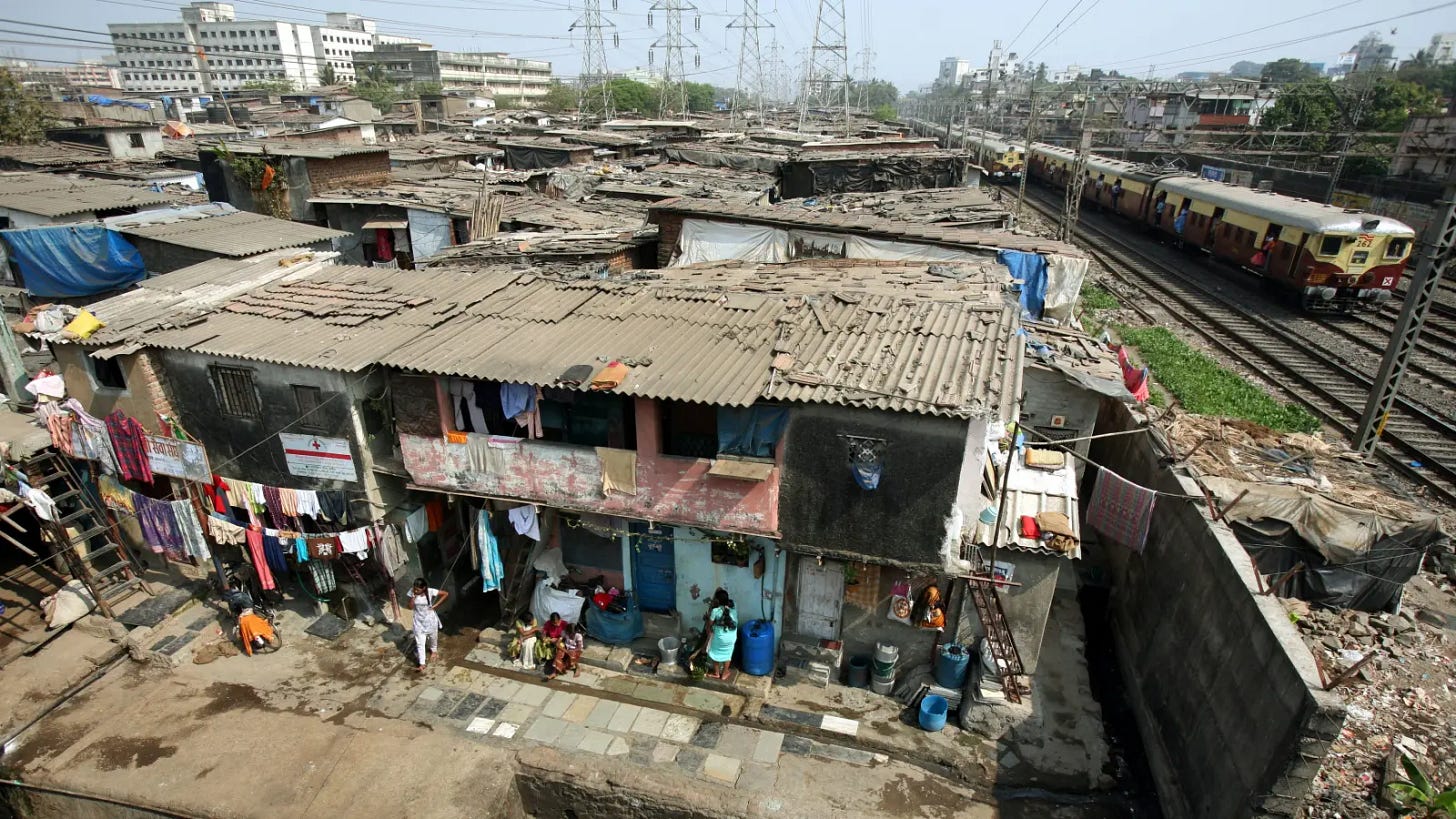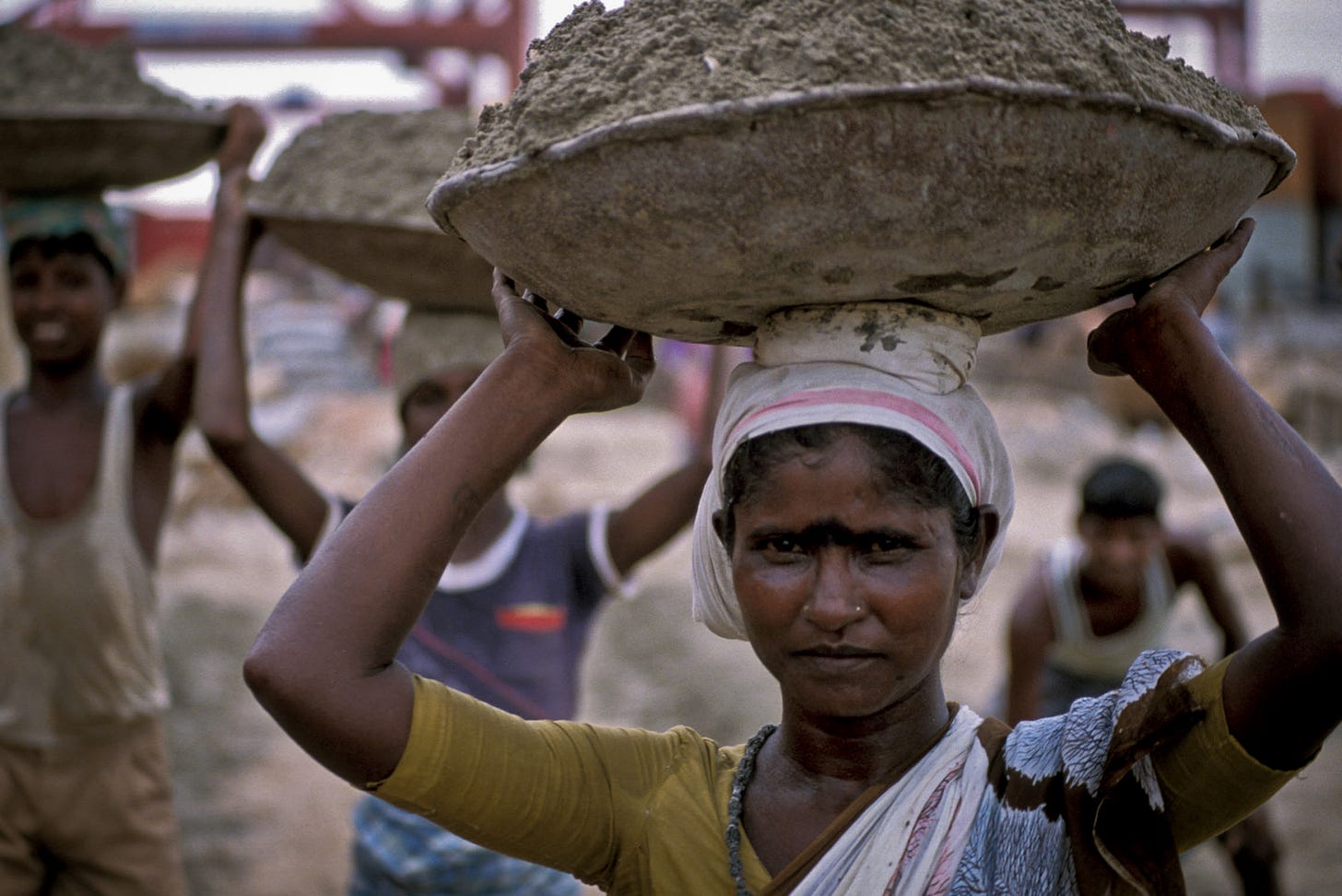Hello, hope you are having a great Sunday. This week we reflect on the new IPCC report, Russia’s nuclear way and urban employment.
Top Jobs of the Week
Consultant, Indian Liberals Archives, Centre for Civil Society
Apply here
Public Policy Associate/Analyst, The Quantum Hub
Apply here
Associate Program Director, SNEHA
To apply, send your resume to sejal.kandalgaonkar@snehamumbai.org with Subject Line: “Associate Program Director -PVWC”
Russia goes Nuclear: The World Reacts
Russia’s resentment towards Ukraine is long-drawn with the latter’s interest in joining alliances with western forces to the growing ideological differences between the two. The turn of events at the end of February led to massive destruction in key cities of Ukraine by Russian forces.
The tension is grasping global attention on humanitarian and diplomatic grounds, and now is a continental concern with Russia’s attack on the largest nuclear power plant of Europe the Zaporizhzhia facility in eastern Ukraine.
How has the world reacted to this event?
The Russian Way and Way Ahead-
The Russian government has been very clear with its intentions when Putin ordered the defence minister and the chief of the military's general staff to put the nuclear deterrent forces on a "special regime of combat duty".
However, on the flip side Gordon Corera, BBC’s Security Correspondent analysed the current situation by emphasising that Russia does not have the intent to use them but moving to alert status likely makes it easier to launch weapons quickly.
If Russia has the largest stockpile of nuclear weapons in the world, the country is very well aware of NATO’s powerful weapons that are enough to destroy Russia. However, Putin's aim is to try to deter NATO's support for Ukraine by creating fears over how far he is willing to go.
(Sources: Bloomberg, AP, BBC)
Job Search and Role of State in Urban India
In a recent budget announcement, Rajasthan Government called in for a scheme focusing on urban employment in the state. The scheme ‘Indira Gandhi Urban Employment Guarantee Scheme’, guarantees 100 days of employment in a year to the families seeking work in the urban areas. The plan of action is yet to be presented by the government, but the announcement has gained the attention of many sections.
Who’s the target audience?
The scheme is primarily aimed at supporting the urban poor. Urban poor are the residents who have shifted to urban areas in search of jobs, livelihood. They engage in a variety of informal sectors and engage in a variety of activities. Economically, they are in the bottom 20 per cent of the urban population, as per their income and monthly per capita consumption expenditure.
With the lacking social safety net, they are vulnerable to social and economic exploitation impacting their lifestyles and quality of living. With a lack of policy interventions and job guarantees, the situation has been grim and this act by the government can reform the existing system.
In other states
After Himachal Pradesh, Jharkhand, Odisha, and Tamil Nadu, Rajasthan became the fifth state to introduce and implement the urban employment scheme during the COVID-19 pandemic period.
(Sources: Leaflet, Bloomberg Quint)
The pending Call of Action
Climate change is harming the planet faster than we can adapt. - United Nation Warns
This statement comes in the view of the second part of the sixth assessment report by the United Nations Intergovernmental Panel on Climate Change which has been prepared by 270 researchers of 67 countries.
This report analyses the impacts, adaptation and vulnerabilities associated with the climate crisis and here are five key points which the report talks about:
Risks will be magnified if the warming goes unchecked-
The frequency and intensity of natural disasters have increased far beyond the imagination. The impact in various cases has been irreversible too. Increment in the global temperature will magnify the damages done due to climate change.
Adapting to the current climate is not enough-
The report highlights the issue that the current process of adapting to the climate is not effective. This means that no amount of human intervention (besides reducing greenhouse gas emissions) can make a difference. Furthermore, insufficient finance and poor planning have added to the problem and which can be rectified through effective and more inclusive governance.
‘Maladaptation’ can make things worse
The report has given pieces of evidence where the actions of adaptation further deepen existing social inequities and lead to adverse outcomes – what’s known as “maladaptation”. For example- a sea wall is built to protect a settlement from sea-level rise and prevent rainwater from draining, leading to the flooding of the area.
Cities are a challenge – and an opportunity
More than one billion people in low-lying settlements face hazards such as sea-level rise, subsiding coasts, or flooding at high tides, while 350 million urban residents live with the threat of water scarcity.
IPCC report cites various manual and social policy measures for urban adaptation. For example- Nature-based solutions such as planting trees upstream to slow excess river flows and shade homes in heatwaves, or restoring mangroves that protect from coastal flooding. Policy measures such as cash transfers to provide safety nets, insurance and other types of livelihood support.
The window of opportunity is closing, rapidly
Within the next decade, the temperature will exceed to 1.5℃. The development policies which accelerate greenhouse gas emissions actually increase climate maladaptation risks.
IPCC report cites a path for the climate-resilient development that policymakers can apply, all of which reduce climate risks while improving lives, especially among those most vulnerable to global warming.
Experts’ Say-
Camille Parmesan, one of the researchers involved-
“One of the most striking conclusions in our report is that we’re seeing adverse impacts that are much more widespread and much more negative than expected.”
Hans-Otto Pörtner, a marine biologist in Germany helped to coordinate the report, said, “An assumption has been made here that ‘Well if we cannot control climate change, we’ll just let it go and adapt to it”
(Sources: Business Standard, Conversation)
If you found our newsletter meaningful, please share it with your network. We believe word-of-mouth is the way to grow and we look forward to your support.














